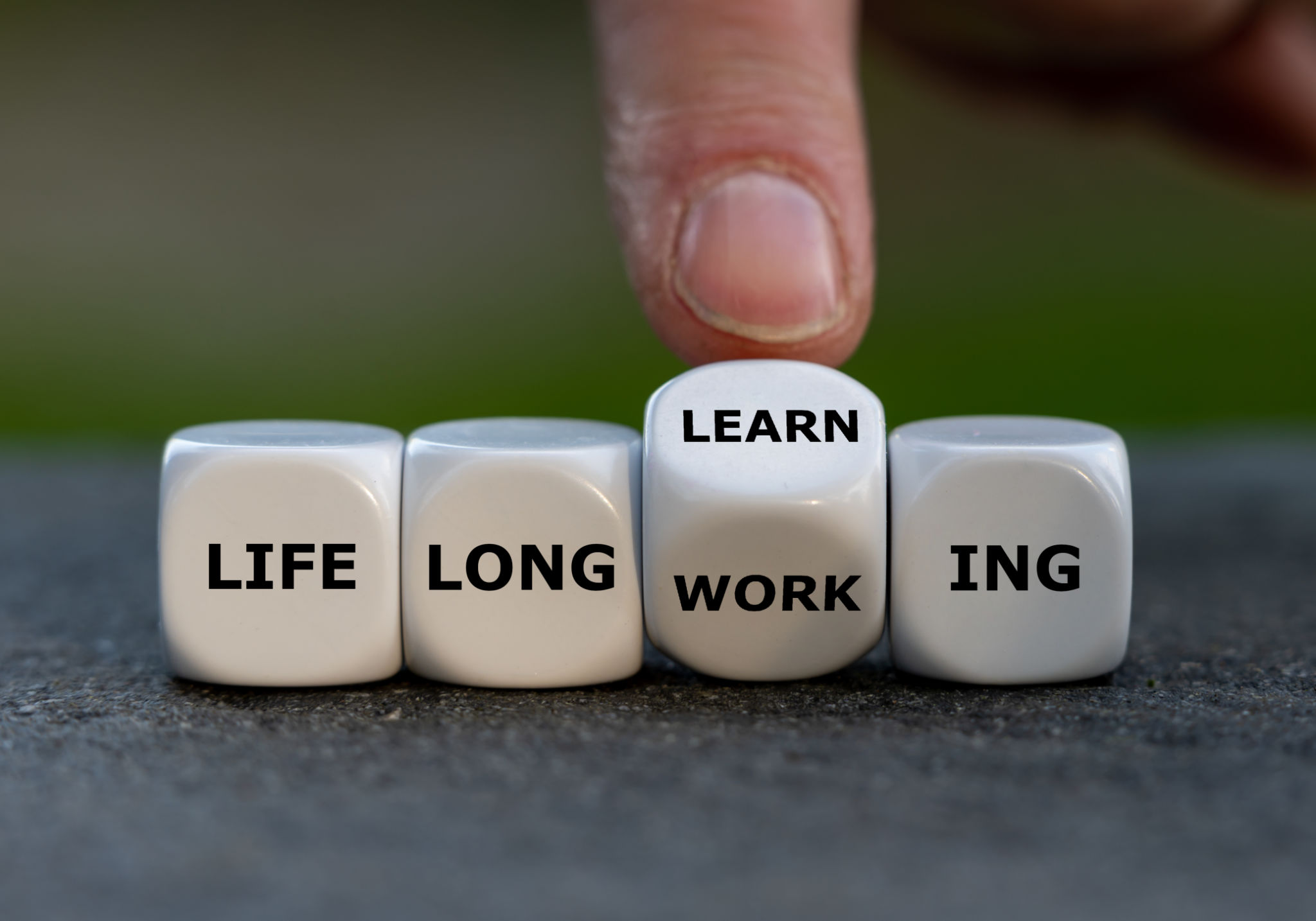Navigating Career Transitions: Practical Support and Strategies
Understanding the Need for Career Transition
In today's fast-paced world, career transitions are becoming increasingly common. Whether due to personal growth, industry changes, or a desire for a new challenge, many professionals find themselves navigating the path of changing careers. Understanding the need for this transition is the first step in making a successful shift. It's essential to recognize the signs that indicate a change is necessary, such as feeling unfulfilled, lacking motivation, or noticing a misalignment with your career goals.
While the idea of a career change can be daunting, it also presents an opportunity for growth and development. Embracing this change with an open mind can lead to more fulfilling and rewarding work experiences. The key is to approach this transition strategically, laying out clear goals and understanding your capabilities and interests.

Assessing Your Skills and Interests
Before embarking on a new career path, it's crucial to assess your current skills and interests. This self-assessment helps to identify transferable skills that could be valuable in a new role. Consider your past experiences and the skills you've acquired that might be applicable to different fields. Additionally, explore areas of personal interest that could guide you toward a more satisfying career.
There are several tools available to assist in this process, such as personality assessments and career aptitude tests. These resources can provide insights into your strengths and suggest potential career paths that align with your skills and passions.
Developing a Strategic Plan
Once you have a clearer understanding of your skills and interests, it's time to develop a strategic plan for your career transition. Set specific, achievable goals to guide your journey. This might include acquiring new skills through courses or certifications, expanding your professional network, or gaining experience through volunteer work or internships.
Creating a timeline for these goals can help keep you on track and motivated. Remember that career transitions often take time, and being patient with yourself during this process is essential. Celebrate small victories along the way to maintain momentum.

Leveraging Networking Opportunities
Networking is a powerful tool during a career transition. Building connections with professionals in your desired field can provide valuable insights and open up opportunities that may not be advertised. Attend industry events, join professional groups, and engage with relevant communities online to expand your network.
Don't hesitate to reach out to contacts for informational interviews or mentorship opportunities. These interactions can offer guidance, advice, and sometimes even lead to job offers. Remember to approach networking with authenticity and a genuine interest in building relationships.
Adapting Your Resume and Cover Letter
Your resume and cover letter are critical components of your job application process during a career transition. Tailor these documents to highlight your transferable skills and relevant experiences. Focus on achievements that demonstrate your ability to add value in a new role.

Use your cover letter as an opportunity to explain your career transition story. Clearly articulate why you're making the change and how your background prepares you for success in the new field. This context can help potential employers understand your motivation and enthusiasm for the role.
Preparing for Interviews
Interviewing for a position in a new field can be challenging, but thorough preparation can make the process smoother. Research common interview questions related to the industry and practice your responses. Be ready to discuss how your past experiences have equipped you with skills relevant to the new role.
It's also important to showcase your passion for the industry during interviews. Employers are often looking for candidates who are not only qualified but also genuinely excited about the work. Demonstrating enthusiasm can set you apart from other applicants.
Embracing Continuous Learning
The journey doesn't end once you've secured a new position; it's crucial to embrace continuous learning in your new role. Stay updated with industry trends and technologies by attending workshops, webinars, and conferences. Continuous learning ensures that you remain competitive in your field and can adapt to future changes.

Additionally, seek feedback from peers and supervisors to improve your performance. Constructive feedback can help identify areas for growth and development, contributing to long-term career success.
Staying Resilient During Transition
Finally, it's important to stay resilient throughout the transition process. Career changes can be stressful and may involve setbacks or rejections along the way. Maintaining a positive attitude and focusing on your long-term goals can help you navigate these challenges.
Surround yourself with supportive friends, family, or mentors who can offer encouragement and advice. Remember that every step you take brings you closer to a fulfilling career path that aligns with your aspirations and values.
